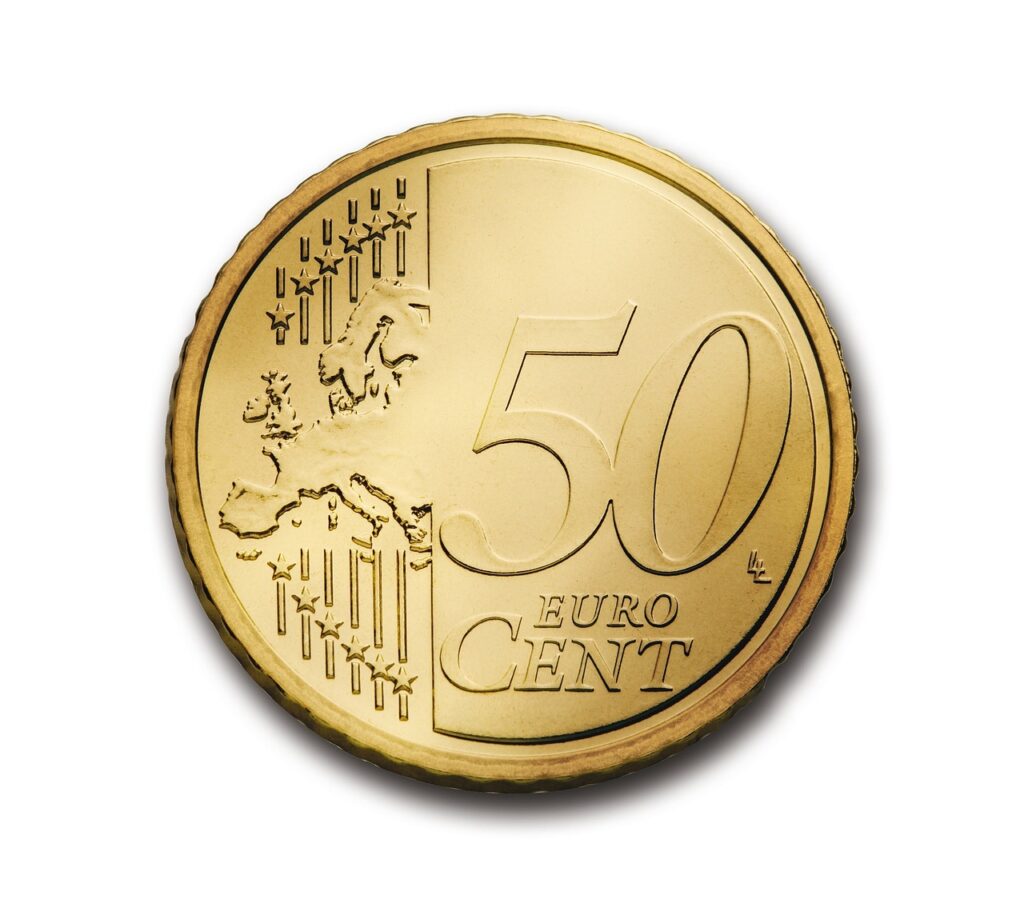Imagine a world where owning a piece of prime real estate is as simple as owning a digital token. It sounds like something out of a futuristic sci-fi movie, but the concept of tokenizing real estate is slowly becoming a reality. Have you ever wondered if physical assets like real estate or commodities can be transformed into cryptocurrencies? In this article, we will explore the potential of tokenizing real estate and how it could revolutionize the way we invest in property. Grab a cup of coffee and join us as we embark on this exciting journey into the future of real estate.
Advantages of Tokenizing Real Estate
Enhanced Liquidity
Tokenizing real estate offers enhanced liquidity, allowing investors to buy, sell, and trade real estate assets more easily. With tokenization, real estate assets can be broken down into smaller units, enabling fractional ownership and making it possible for more people to invest in real estate. This increased liquidity is particularly beneficial for investors who want to enter or exit the real estate market quickly.
Fractional Ownership
Fractional ownership is another significant advantage of tokenizing real estate. By dividing properties into tokens, investors can own a fraction of the property, providing access to real estate ownership without the need for large capital investments. Fractional ownership democratizes the real estate market, allowing individuals with smaller budgets to participate in real estate investments and benefit from potential appreciation.
Globalized Access
Tokenizing real estate opens up opportunities for global investors to access the real estate market. By leveraging blockchain technology, investments can be made across borders efficiently and seamlessly. This globalized access allows individuals from different countries and regions to diversify their portfolios and invest in real estate assets that were previously out of reach. It also promotes cross-border investment and fosters collaboration between international investors.

Streamlined Transactions
Tokenization simplifies and streamlines real estate transactions. Traditional real estate transactions often involve multiple intermediaries and complex paperwork, leading to delays and potential errors. With tokenization, transactions can be executed through smart contracts, automating processes and eliminating the need for intermediaries. This streamlined approach increases transaction speed, reduces costs, and ensures transparency throughout the process.
Challenges of Tokenizing Real Estate
Regulatory Compliance
One of the main challenges in tokenizing real estate is ensuring regulatory compliance. Real estate is heavily regulated in most jurisdictions, and tokenizing properties requires adherence to compliance frameworks and regulations. Each country may have its own rules and requirements regarding securities laws, ownership transfer, and investor protection. Addressing these regulatory complexities is crucial to ensure a legally compliant and secure tokenization process.
Market Volatility
Cryptocurrencies, including real estate-backed tokens, are subject to market volatility. Fluctuations in the cryptocurrency market can affect the value of tokenized real estate assets. Investors in tokenized real estate must be prepared to navigate these fluctuations and understand the risks associated with investing in a volatile market. However, it is important to note that diversification and fractional ownership can help reduce the investment risk.

Smart Contract Vulnerabilities
Smart contracts, the digital agreements powering tokenized real estate, are not immune to vulnerabilities. Flaws in smart contract code can lead to financial losses and security breaches. Therefore, it is crucial to ensure thorough testing and auditing of smart contracts to minimize risks. Additionally, ongoing monitoring and updates of smart contracts are necessary to address emerging vulnerabilities and ensure the security and integrity of the tokenized real estate assets.
Potential Use Cases
Property Investment
Tokenizing real estate opens up new avenues for property investment. Instead of purchasing an entire property, investors can buy tokens representing fractions of that property. This allows for diversification within a real estate portfolio and provides access to a wider range of investment opportunities. Tokenization also enables investors to participate in income-generating properties without the burden of property management.
Real Estate Crowdfunding
Tokenization facilitates real estate crowdfunding, where multiple investors pool their resources to invest in a property. Through tokenized crowdfunding platforms, individuals can contribute smaller amounts of capital and collectively participate in real estate projects. This democratizes real estate investing, making it accessible to a larger pool of investors and promoting inclusive economic growth.

Real Estate Trading Platforms
Tokenized real estate assets can be traded on specialized platforms, similar to stock exchanges. These platforms provide liquidity and market access for tokenized real estate, allowing investors to buy and sell their shares in fractional ownership. Real estate trading platforms create a secondary market for tokenized assets, further enhancing liquidity and enabling investors to trade real estate assets more dynamically.
Tokenization Process
Asset Evaluation and Selection
The tokenization process begins with evaluating and selecting suitable real estate assets for tokenization. This involves assessing the market value, location, potential income, and legal aspects of the property. Properties with favorable investment attributes and potential for fractional ownership are chosen for tokenization.
Legal Framework and Compliance
To ensure regulatory compliance, a robust legal framework needs to be established. This includes compliance with securities regulations, ownership rights, and investor protection laws. Legal experts work closely with blockchain developers to define the legal structure of the tokenized assets and ensure compliance with the jurisdiction-specific regulations.

Token Creation and Distribution
After establishing the legal framework, the tokens representing the real estate assets are created and distributed. Blockchain technology enables the issuance and distribution of these tokens securely and transparently. The tokens are typically backed by the underlying real estate assets, creating a tangible value for the investors.
Enhanced Liquidity
24/7 Market Access
Tokenizing real estate assets enables investors to access the market 24/7. Unlike traditional real estate transactions, which often require manual processes and are limited by business hours, tokenized real estate allows investors to buy or sell their shares at any time, increasing liquidity and flexibility.
Automated Transactions
Tokenization automates real estate transactions through smart contracts. These self-executing agreements ensure that transactions are executed as soon as predetermined conditions are met. By removing intermediaries, tokenized real estate transactions can be completed more efficiently and quickly, reducing delays and improving overall transaction speed.
Reduced Fees
Tokenization eliminates the need for multiple intermediaries involved in traditional real estate transactions, resulting in reduced fees. By reducing costs associated with brokers, lawyers, and administrative processes, tokenization makes real estate investments more cost-effective. Investors can benefit from higher returns as a result of reduced overhead expenses.
Fractional Ownership
Lowering the Barrier to Entry
Tokenization lowers the barrier to entry for real estate investments. As mentioned earlier, fractional ownership allows individuals to invest in real estate with smaller amounts of capital. This opens up investment opportunities to a broader range of individuals who would otherwise be unable to afford full ownership of a property.
Pooling Resources
Fractional ownership also enables pooling of resources. Investors can come together and contribute smaller amounts, collectively acquiring larger real estate assets. This pooling of resources allows investors to access premium properties that would be unattainable individually, diversifying their investment portfolios and potentially increasing returns.
Increased Diversification
Fractional ownership through tokenization facilitates diversification within real estate portfolios. Investors can hold shares in multiple properties across diverse locations and markets. This diversification spreads risk and reduces exposure to the performance of a single property, providing a more balanced and resilient investment strategy.
Globalized Access
Cross-Border Investments
Tokenizing real estate eliminates geographical barriers, enabling cross-border investments. Blockchain technology enables secure transactions and ownership transfers globally, making it easier for international investors to participate in real estate markets outside their home jurisdictions. This globalized access broadens investment options and allows for exposure to different real estate markets.
Increased Market Efficiency
Tokenization increases market efficiency by removing the limitations of traditional real estate markets. Investors can invest in tokenized assets located in various regions, benefiting from market dynamics and seizing opportunities in different markets. This increased efficiency leads to optimal allocation of resources and enhances overall market liquidity.
Investor Freedom
With tokenized real estate, investors have the freedom to explore opportunities in global real estate markets. They are not limited to properties physically accessible to them but can diversify their investments across different countries and continents. This global investor freedom provides flexibility and amplifies the potential for higher returns by tapping into diverse real estate markets.
Streamlined Transactions
Efficient Settlements
Blockchain technology, underlying tokenized real estate, enables faster and more efficient settlements. With automation and digitization, the time-consuming manual processes associated with traditional real estate settlements are eliminated. Smart contracts ensure that settlement terms and conditions are met automatically, reducing transaction time and increasing efficiency.
Reduced Middleman Dependence
Tokenization reduces dependence on intermediaries in real estate transactions. Self-executing smart contracts eliminate the need for brokers, lawyers, and other intermediaries involved in traditional transactions. This reduction in middlemen streamlines the process, minimizes the potential for human error, and creates more direct and transparent interactions between buyers and sellers.
Transparent and Immutable Records
Blockchain technology ensures transparency and immutable records of real estate transactions. Every transaction and ownership transfer involving tokenized assets is recorded on the blockchain, creating an audit trail that can be verified by all parties involved. This transparency reduces the risk of fraud and provides increased trust and security in real estate transactions.
